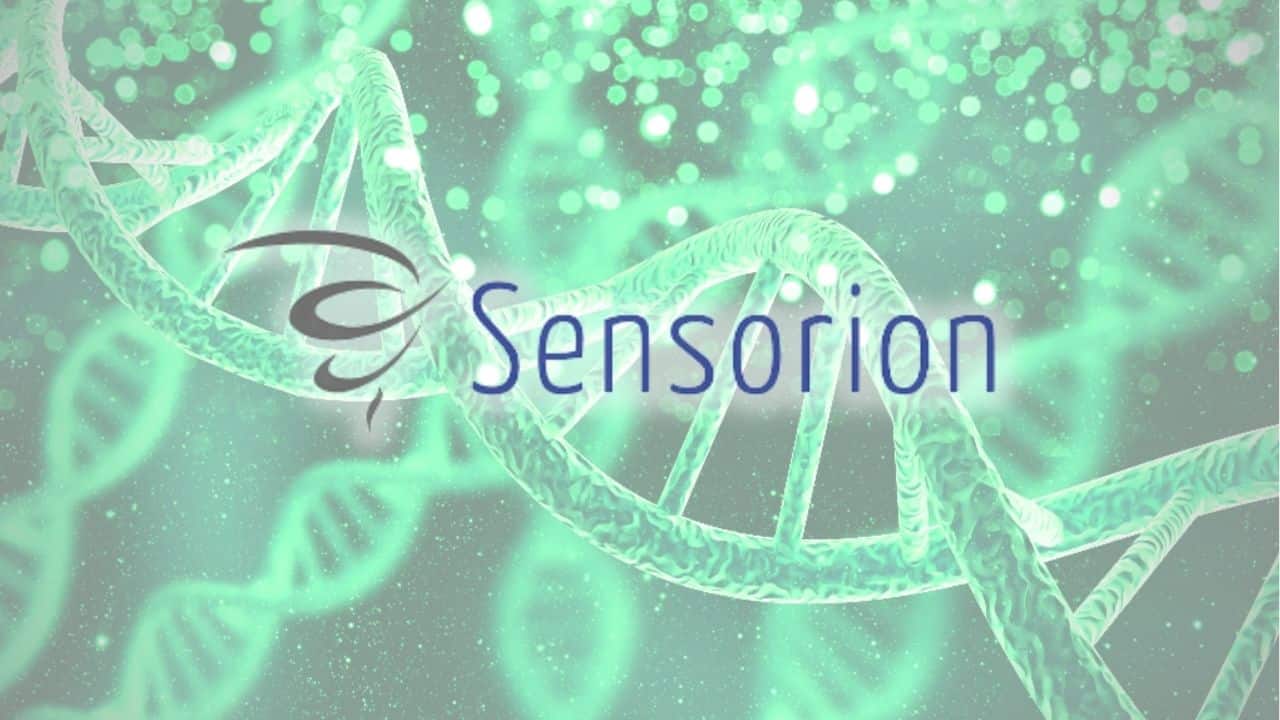MONTPELLIER, FRANCE — Sensorion (FR0012596468 – ALSEN) a pioneering clinical-stage biotechnology company which specializes in the development of novel therapies to restore, treat and prevent hearing loss disorders, announces that the US Food and Drug Administration (FDA) has granted Rare Pediatric Disease Designation to the Company’s lead therapy gene candidate, OTOF-GT, a gene therapy intended for the treatment of otoferlin gene mediated hearing loss.
Sensorion’s OTOF-GT gene therapy development program aims to restore hearing in people living with otoferlin deficiency, one of the most common forms of congenital deafness.
Gene Therapy Hearing Loss Treatment
The otoferlin protein is large and is delivered to the inner ear using two standard gene therapy vectors (AAV) and assembled in place. Patients with OTOF mutations suffer from severe to profound sensorineural prelingual non syndromic hearing loss. Otoferlin deficiency could be responsible for up to 8% of all cases of congenital hearing loss, around 20,000 people are affected in the United States and in Europe.1
Sensorion has progressed preclinical and clinical development plans for OTOF-GT and is on track to file a Clinical Trial Application (CTA) in the first half of 2023. In September 2022, the Company received a positive opinion on an application for Orphan Drug Designation (ODD) from the European Medicines Agency (EMA). The European Commission issued the decision on October 11, 2022.
“We are really pleased that the FDA has acknowledged the urgent need to develop solutions for this condition, for which there are currently no approved therapies. This important regulatory designation will support us in advancing this potentially transformative therapy to patients. This is a key milestone for our important gene therapy franchise, which offers the potential for permanent solutions for these debilitating conditions and is increasingly central to Sensorion’s strategic roadmap. The designation is another key piece in the puzzle that helps advance Sensorion towards clinical development in OTOF-GT in 2023.”
—Géraldine Honnet, Chief Medical Officer of Sensorion
The FDA grants Rare Pediatric Disease Designation for serious and life-threatening diseases that primarily affect children ages 18 years or younger and fewer than 200,000 people in the United States.
Under this designation, a sponsor who receives an approval for a drug or biologic for a “rare pediatric disease” may be eligible for a voucher that can be redeemed to receive priority review of a subsequent marketing application for a different product or sold to another sponsor for priority review of their marketing application, an opportunity for which there is a robust market.
____________________________
1 Rodríguez-Ballesteros M, Reynoso R, Olarte M, Villamar M, Morera C, Santarelli R, Arslan E, Medá C, Curet C, Völter C, Sainz-Quevedo M, Castorina P, Ambrosetti U, Berrettini S, Frei K, Tedín S, Smith J, Cruz Tapia M, Cavallé L, Gelvez N, Primignani P, Gómez-Rosas E, Martín M, Moreno-Pelayo MA, Tamayo M, Moreno-Barral J, Moreno F, del Castillo I. A multicenter study on the prevalence and spectrum of mutations in the otoferlin gene (OTOF) in subjects with nonsyndromic hearing impairment and auditory neuropathy. Hum Mutat. 2008 Jun;29(6):823-31. doi: 10.1002/humu.20708. PMID: 18381613.
About Sensorion
Sensorion is a pioneering clinical-stage biotech company, which specializes in the development of novel therapies to restore, treat and prevent hearing loss disorders, a significant global unmet medical need.
Sensorion has built a unique R&D technology platform to expand its understanding of the pathophysiology and etiology of inner ear related diseases, enabling it to select the best targets and mechanisms of action for drug candidates. Its portfolio combines both small molecule programs and a preclinical portfolio of inner ear gene therapies. Its clinical-stage portfolio includes one Phase 2 product: SENS-401 (Arazasetron) progressing in a Phase 2 proof of concept clinical trial of SENS-401 in Cisplatin-Induced Ototoxicity (CIO) and, with partner Cochlear Limited, in a Phase 2a study of SENS-401 in patients scheduled for cochlear implantation.
Sensorion pursues its broad strategic collaboration with Institut Pasteur focused on the genetics of hearing. It has two gene therapy programs aimed at correcting hereditary monogenic forms of deafness including OTOF-GT, targeting deafness caused by a mutation of the gene encoding for otoferlin, and hearing loss related to mutation in GJB2 gene to potentially address important hearing loss segments in adults and children (GJB2-GT). The Company is also working on the identification of biomarkers to improve diagnosis of these underserved illnesses.
Source: Sensorion






